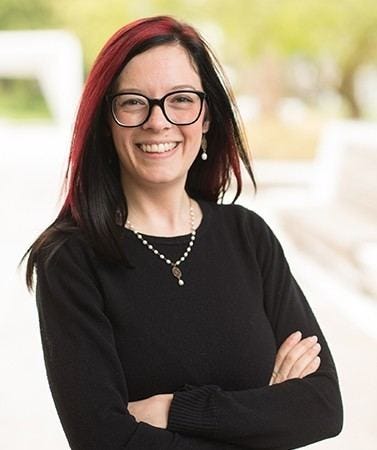Hello, friends and colleagues.
I’d like to share this short narrative on my introduction to Carrie Jenkins and her work in philosophy of love.
Like many extraordinary things, my venture into the field of philosophy of love and sex came by accident. I used to play an old song by Joe Jackson entitled Be My Number Two on the piano as a child without paying much attention to the lyrics. Having saved it in a playlist on a music streaming app, I started listening to it hoping for a good BGM but this time, I couldn’t help but notice the lyrics. In retrospect, it wouldn’t seem so atypical to ask someone to be their “number two” after calling it quits with their “number one” and offering whatever is left of them: a worn out heart and silver linings. While the song in no way narrates a polyamorous relationship, imagine if one were to love a “number one” and a “number two” (or even a “number three”) at the same time; would the relationship be 1) ethical, 2) considered as a genuine committed romantic relationship, 3) a form of authentic love, or 4) an upgraded version of an open relationship and 5) would it work?

In some societies such as ours, the idea of having more than one romantic partner would be outrageous and unthinkable, but a quick Google search would show that the term “polyamory” has been around since 1990. The practice however, might have been around for far longer than the idea or philosophy behind it. To gain more clarity on the philosophy surrounding polyamory, I came across What Love Is: And What It Could Be by the philosopher, Carrie Jenkins who also happens to be polyamorous. As a professor at the department of philosophy at the University of British Columbia, she describes herself as “philosophy’s crazy ex-girlfriend” working at the “intersection of academic philosophy and the creative arts.” In an interview on her aforementioned book, Jenkins defines polyamory as having “multiple loves.” Having spent years with a husband and a boyfriend (both are aware of the other), she claims that secrets, deceptions, and jealousy that accompany the usual mononormative relationship are omitted and avoided in a polyamorous arrangement. Although there are many who would find the idea controversial, her book is her way of starting the conversation and addressing the stigma. As the title suggests, Jenkins theorizes what romantic love is as a social construct and how this socially constructed idea of love could be challenged to include a different kind of romantic love that encompasses its homonormative, multiracial, and multicultural aspects.
In a nutshell, polyamory advocates the freedom to be able to love more than one person romantically in a committed relationship without guilt and deception. On the contrary, Polyamorists would argue that such an arrangement fosters what is known as “compersion” or the feeling of joy for a beloved who receives romantic or sexual attention from someone other than themselves (basically the opposite of jealousy). Jenkins clarifies that since romantic love is heavily written in the context of heteronormativity, the challenge is to remodel romantic love by addressing its prejudices that encourage homophobia, patriarchy, and sex and gender inequality. Her exploration then into "what love could be" is an attempt to reassess the nature of romantic love and its slew of normative assumptions and emotional baggage.
Apart from What Love Is: And What It Could Be (2017) her philosophical work includes "When Love Stinks, Call a Conceptual Plumber" (2020), "All Hearts In Love Use Their Own Tongues: Concepts, Verbal Disputes, and Disagreeing about Love" (2018) and "Knowing Our Own Hearts: Self-Reporting and the Science of Love" (2016).
For more on Carrie Jenkins and her latest work, visit her website.
Sincerely,
Taz Albano
Department of Philosophy
Ateneo de Manila University



